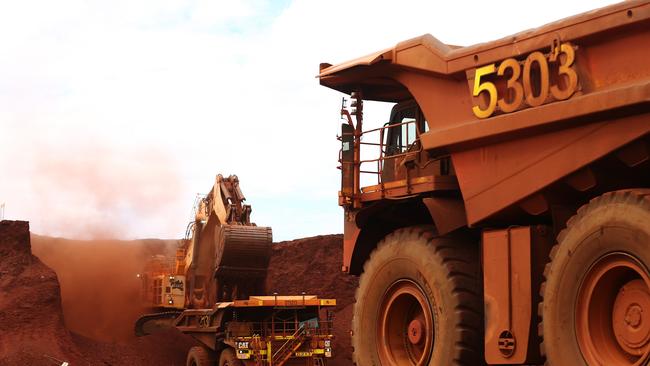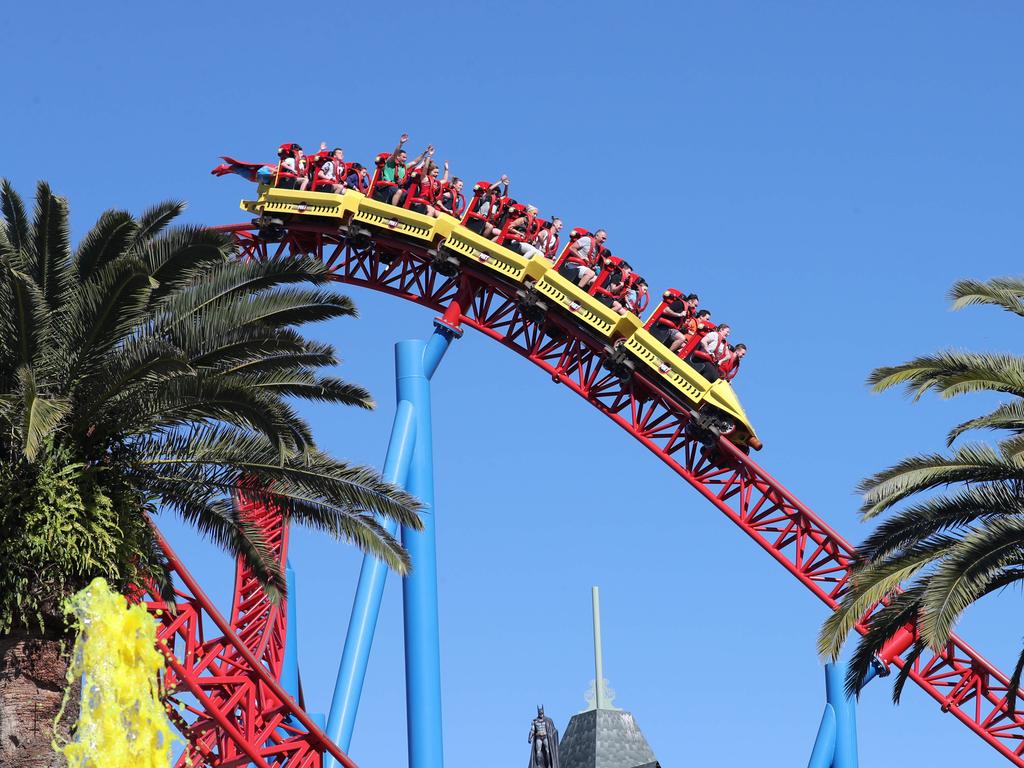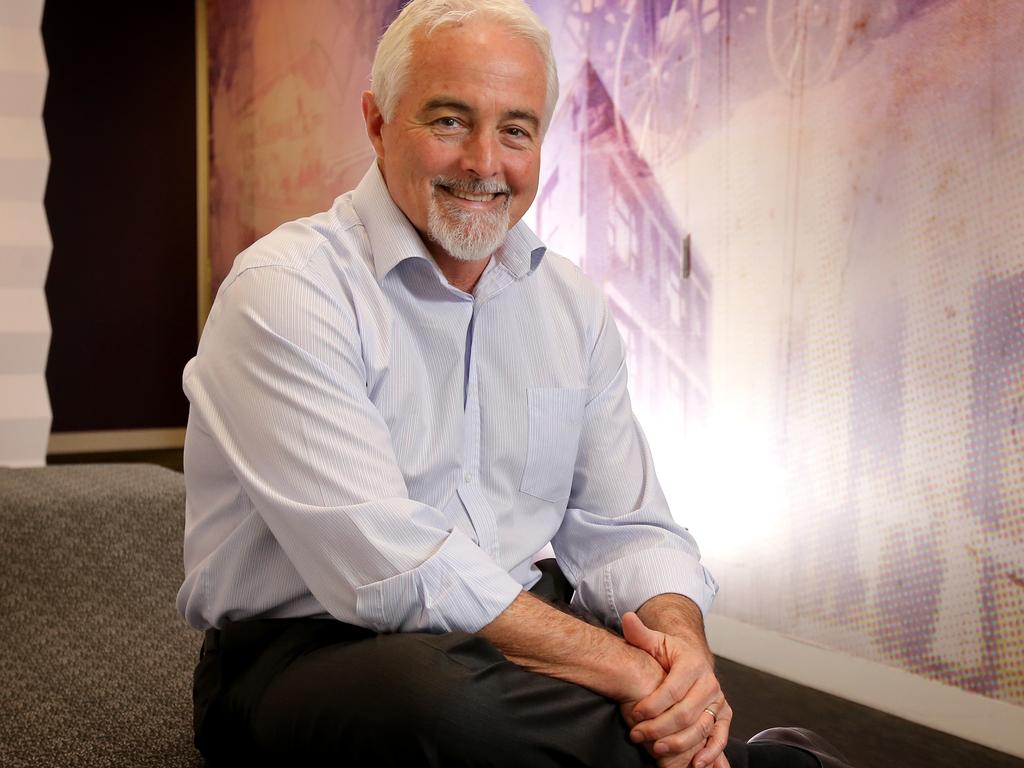AustralianSuper backs Rio Tinto as ESG values questioned
AustralianSuper is sticking with Rio Tinto despite the destruction of Aboriginal heritage sites in the Pilbara region.

AustralianSuper says it has no plan to reduce its investment exposure in Rio Tinto following the mining giant’s decision to blow up Aboriginal heritage sites in Western Australia’s Pilbara region.
Speaking to a Bloomberg forum on Tuesday, AustralianSuper chief investments officer Mark Delaney was asked whether its stake in Rio Tinto is in breach of the fund’s environmental, sustainability and governance (ESG) standards.
The country’s largest wealth fund said it has expressed its displeasure to Rio Tinto’s executive team over its decision last month to destroy culturally significant caves in the Juukan Gorge, but will take no action regarding its investment exposure to the mining group.
“I don’t think we are at that position yet,” Mr Delaney said.
“There is no doubt that this is the wrong thing to do and the company if they had their time again would not be in the position it is currently in.”
AustralianSuper said it engages with companies to ensure its ESG standards are met, so potential investment risks can be mitigated.
According to AustralianSuper’s 2019 annual report, the fund holds a 2.75 per cent stake in Rio Tinto, as at June 30, 2019. The fund’s second largest shareholding is in BHP, at 7.27 per cent.
AustralianSuper noted the onset of COVID-19 and its financial impacts had tested the underlying liquidity of markets, prompting concern that the fund would need to re-evaluate its overall investment strategy and asset allocation.
“With the fall in the share markets being so rapid … it did question whether or not all liquid markets are really liquid,” Mr Delaney said.
Currency and bonds
Mr Delaney said the economic crisis induced by the pandemic caused a stiffening in credit and bond markets, while major currency markets such as the Australian and US dollar proved to remain the most liquid form of investment.
“For a longtime we have had a framework to manage illiquidity, but we are going to have to become much sharper about managing liquidity and making sure it is purely liquid,” he said.
AustralianSuper has flagged its intention to increase its off-market investments through private equity, noting it provides a solid long-term return for members.
Further diversification of wealth portfolios is partly being fuelled by ongoing low yields within bond markets, dragging down return capabilities within defensive assets.
“They [bonds] don’t offer the same diversification benefit as what they have done historically, and so we are going to have to look for other sources of diversification within the portfolio to compensate for holding less bonds,” Mr Delaney said.
Mr Delaney also weighed in on the impacts of early release of super, noting the scheme has come at the cost of long-term retirement savings and questioned whether the system will be called upon in future downturns.
“Part of the reason you can have a long-term investment horizon is because you can perceive the money is going to be there for a long time,” Mr Delaney said.
AustralianSuper said it has paid out approximately $2.2bn to more than 300,000 members requesting early withdrawals.







To join the conversation, please log in. Don't have an account? Register
Join the conversation, you are commenting as Logout